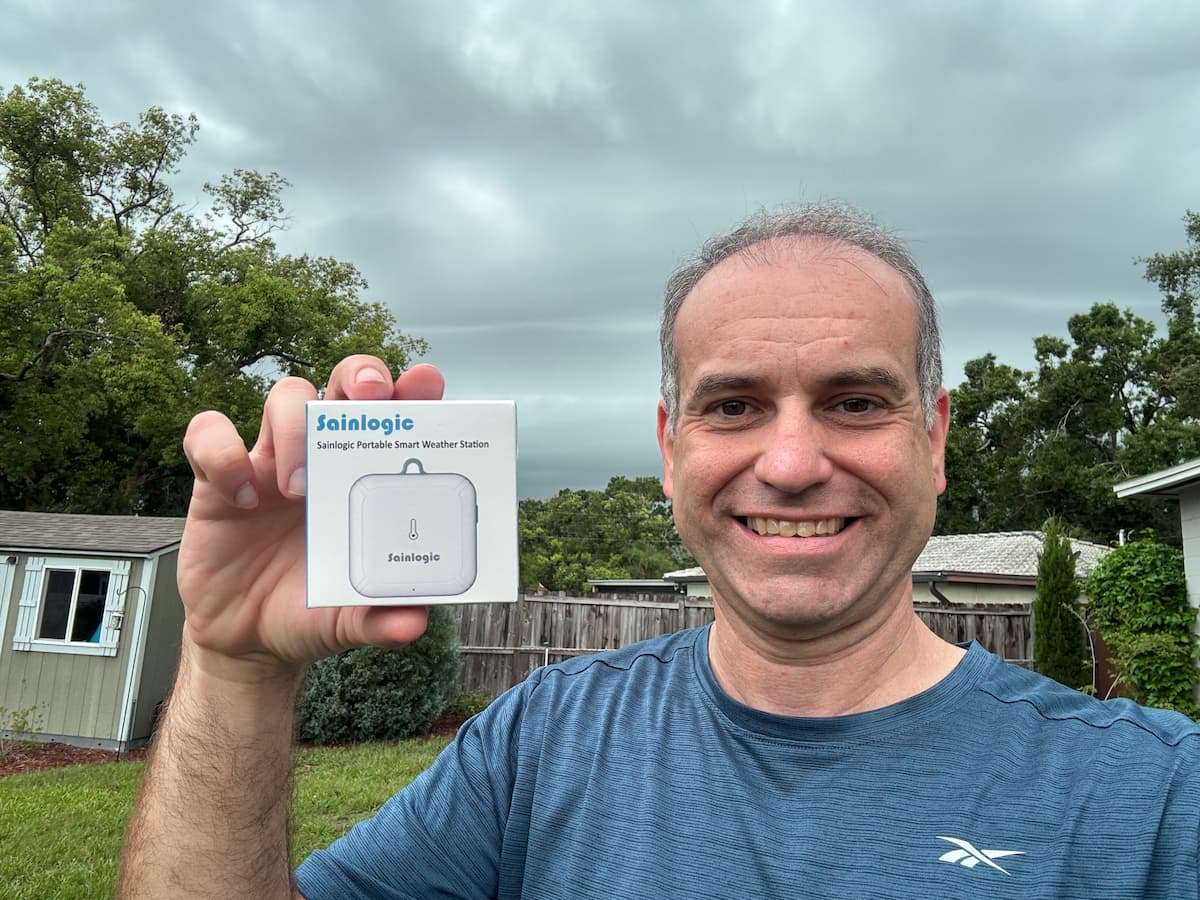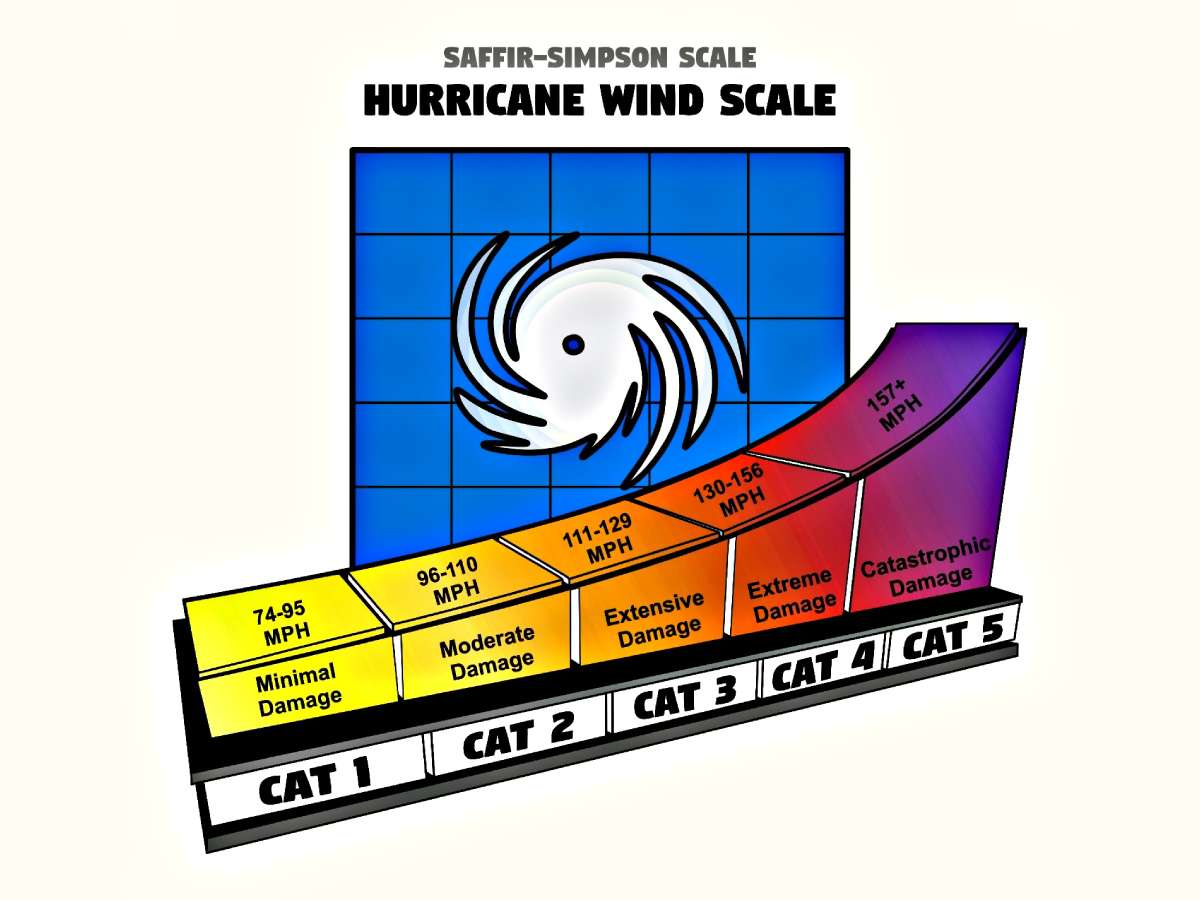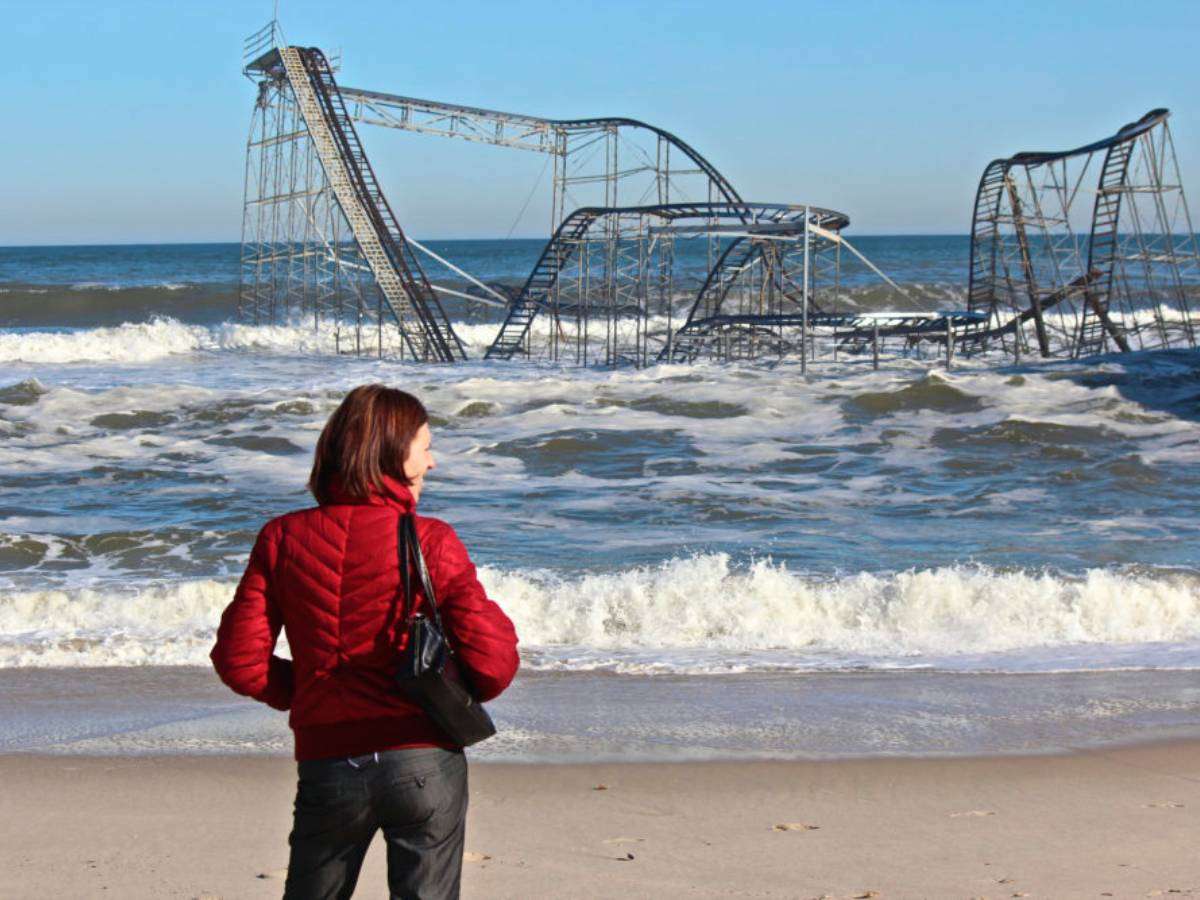Have you heard a loud boom outside recently?
If you’re experiencing extremely cold winter weather, then you might be hearing ice quakes — also called frost quakes.
What’s an ice quake?

Scientifically known as a cryoseism, an ice quake (or frost quake) is a rare but surprising phenomenon that is caused when water seeps into the ground and then quickly freezes and expands, cracking the ground around it.
When this happens, the results can be explosive — and quite startling.
Glacial movements can also lead to ice quakes and ice booms.
So if the ground is exploding like this, should we be worried? If ice quakes are so powerful that they can cause extremely loud booms — ice booms — then doesn’t it mean there’s the potential for some serious damage or destruction to foundations, homes, roads, buildings, and swimming pools?
I did some research to find out if we should be concerned about the damage that ice quakes could potentially do. I also uncovered many other issues we should worry about when it comes to extremely cold winter weather.
The Weather Channel includes cryoseismic booms on its list of 8 Natural Wonders You’ve Never Heard Of.
Ice Quakes & Ice Booms: Are They Dangerous?
That depends on what is meant by the word “dangerous.”
Are ice quakes able to cause damage? Yes. In fact, they’ve been known to cause damage as strong as VI on the Modified Mercalli Seismic Intensity Scale. That’s a magnitude 6.0, or “strong” seismic intensity.
Tectonic shaking of magnitude of 6.0 can move heavy furniture, cause plaster to crack and fall, and create other minor damage.
Sometimes, they can even cause geological changes due to the shifting of soil and rocks. Cracks and fissures may also occur as the ground separates during the event.
Thankfully, most ice quakes are less intense than 6.0 magnitude.
Still, it’s no surprise that people in the vicinity of a ice quake often mistake the event for an earthquake.
While ice quakes can be very intense in the immediate area of the epicenter, their seismic effects aren’t nearly as widespread as earthquakes. The lower frequency vibrations of ice quakes and frost quakes can make it difficult to officially record these events.
Remember, in no way are ice quakes or frost quakes caused by earthquakes. However, some scientists theorize that ice quakes and shifting ice sheets could set off earthquakes. Chilling, huh?
Can Ice Quakes Be Predicted?
The basic answer is no — not with any accuracy.
What we do know is that areas susceptible to sudden ground freezes do have a greater likelihood of experiencing frost quakes.
Where Do Ice Quakes Occur?
You’re probably wondering if you need to be worried about frost quakes causing damage or other harm in your neck of the woods.
Surely, it’s possible for ice quakes to occur anywhere water can quickly freeze underground. Very rapidly dropping temperatures are typically responsible for causing ground water to freeze quickly enough to cause rapid cracking and expansions underground — shifting soil and rocks in the vicinity.

Ice quakes have been reported in many places throughout the United States going back to the 1800s. Just a while ago, some residents in middle Tennessee reported ice booms. Here are some other states that have experienced ice quakes:
- Connecticut
- Indiana
- Maine
- Massachusetts
- Michigan
- Missouri
- Ohio
- New York
- Vermont
- Wisconsin
Ice quakes have also been reported in Canada, particularly in the area of the Great Lakes and St. Lawrence region. Quebec, Ontario, and Maritime area, such as Nova Scotia, have experienced ice quakes.
Glacier cryoseisms have been reported in Alaska, Greenland, Ross Island, and other glacial areas.
Other Things That Can Cause Loud Winter Booms
Cryoseisms are significant, although unusual, phenomena that can cause intensely loud noises during the winter.
Here are several other unusual things that often happen in extremely cold conditions that can cause booms, creaks, squeaks, and other odd noises:
- Heavy ice falling from your roof — Ice that falls from your roof can cause a crashing sound just outside your home. Thankfully, there are ways to prevent ice dams on your roof.
- Exploding transformers — Blowing transformers are usually caused by ice forming on the wires. Once electrical lines make contact with each other or with a tree, the ground, or another object, it can cause an arc or short circuit, damaging electrical equipment. Arcing or transformer failures can cause massive booms.
- House expanding and contracting — Temperature extremes can cause a house’s siding, roofing, and flooring to contract (in cold) and expand (with warming). While this is a natural occurrence, expanding and contracting can cause or exacerbate cracks or other superficial damage. Expansion and contraction can cause loud creaks, booms, and squeaks.
- Trees and branches falling because of ice buildup — Ice is heavy, and enough of it can weigh down tree branches to the point of snapping. It may be useful to winter proof your trees by pruning back weaker branches before winter weather sets in. Be sure to remove any branches growing near your home, over your driveway, and other areas where lives or property could be at risk from falling branches.
- Exploding pipes — Water in pipes can freeze, causing them to expand and possibly crack or even explode. Damaged pipes can be very costly to repair, but if you leave your water faucets lightly running during extremely cold days and nights, you can help prevent your pipes from cracking.
- Ice refreezing on the roof — Ice that forms or refreezes on your roof can make booms and loud cracking sounds as the ice expands under the layer of ice already there. While the noise may be alarming, this normally doesn’t cause any damage to your roof.





